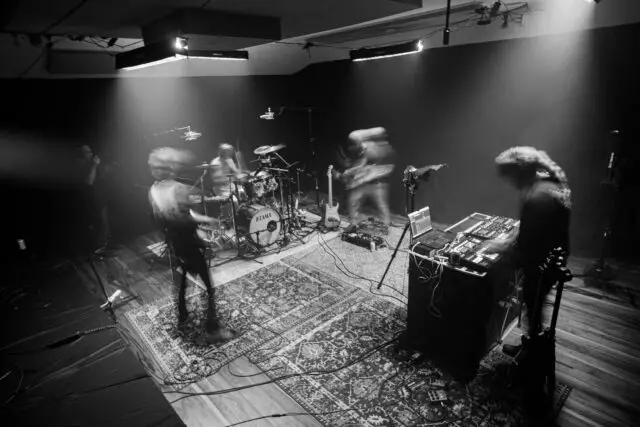Luis Diego Hernández, coordinating prosecutor of the Environmental Deputy Prosecutor’s Office, denounced the existence of a real estate mafia in Costa Rica profiting from development projects harmful to ecosystems. Hernández was interviewed by the Costa Rican media outlet Amelia Rueda on the program Nuestra Voz.
The prosecutor made this statement following complaints from environmental groups about the damage caused by burning and land movements in the Coris wetland, in Cartago. This territory is unique, as it is a wetland in the middle of the Greater Metropolitan Area that serves as a habitat for many species of birds.
“They use mechanisms such as land trafficking, the perverse and systematic use of state land to incorporate it into market circuits and profit from it,” explained Hernández.
According to the environmental prosecutor, cases like that of Coris happen because the State does not prohibit development that is clearly harmful to nature. He also pointed out that Municipalities aren’t taking the environment into account.
“They prioritize excessive development and neglect the environmental variable. This is a clear example of the consequences of the ambition and selfishness of developers,” he said.
Hernández also mentioned that municipalities have wetland inventories and can ask developers to demonstrate that there will be no environmental damage with their projects. However, he indicated that municipalities seem to only favor private interests.
“In a few years, we will have an area that used to be a wetland transformed into a condominium zone. We must set aside the spirit of profit at the expense of the environment and collectively think to protect all these assets that belong to all Costa Ricans,” warned Hernández.
The Prosecutor explained that, although the country has legislation to sanction these actions, it is very weak, and it’s very difficult to convict anyone.
“There are legal measures to recover a wetland and demolish buildings, but once the matter goes to criminal proceedings, it is almost impossible to recover a wetland because the consequences are irreparable,” he concluded.
According to the National System of Conservation Areas, a total of 1.2 hectares in Coris were damaged by burning and machinery. Although it is possible to recover them, there is environmental damage that is totally irreversible.
Source link
Tico Times


